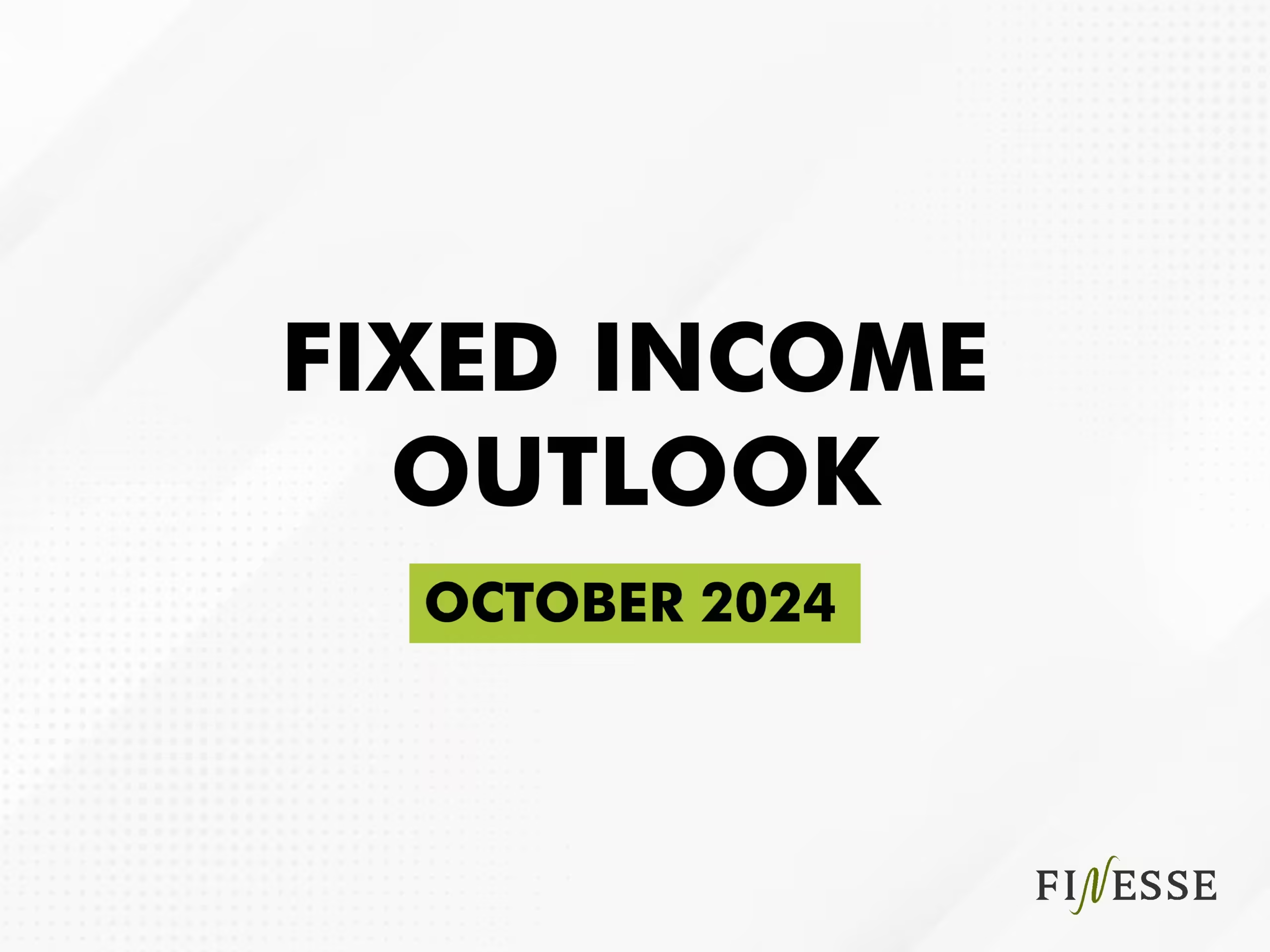
Does debt do anything for an investor?
Investors seem to give no importance to fixed income in their portfolios. After all, the asset class is tax-inefficient and compounds wealth slowly. For investors seeking wealth creation, fixed income seems to have very little to offer. But is debt such an outdated asset class?
Risk Tolerance
In today’s market, investors have a limited understanding of their true risk appetites. While we’re busy celebrating the milestone of 17 Crore demat accounts, the fine print tells us that 13 Crore accounts were opened after 2020. Outside of the large drawdown in March 2020, equity investors haven’t experienced sustained market drawdowns. So, the truth is we don’t know how investors will respond to weak markets. Will they withdraw from markets, pause their investments, or pull through?
If history teaches anything, new investors will get discouraged by bad performance. This would push them off track and they will miss out on participating when valuations are attractive. Fixed-income investments make the drawdowns more bearable as they slowly and steadily compound through the noisy phases of the markets.
Mindset Shifts: Risk Management
What is the biggest mistake investors are making today? They are chasing returns. The evidence is there in the small and mid-cap flows and the SME IPO frenzy. Many investors are unimpressed by funds that are temporarily underperforming benchmarks. They aren’t even interested in investment options that deliver <20% returns. The benchmarks and expectations have crossed reasonable thresholds.
Investors who recognise that this market requires a mindset shift will stay in the game much longer. Fixed income allocations allow them to do just that. On a relative scale, it is an excellent time to participate in fixed income. We are at the peak of the interest rate cycle after all.
The Role of Fixed Income
Fixed income has three roles to play in your wealth creation journey. First, it must offer some comfort when the tide turns in equity markets. Second, it should help you behave better during phases of market volatility. Third, it is a wealth protection (not creation) asset.